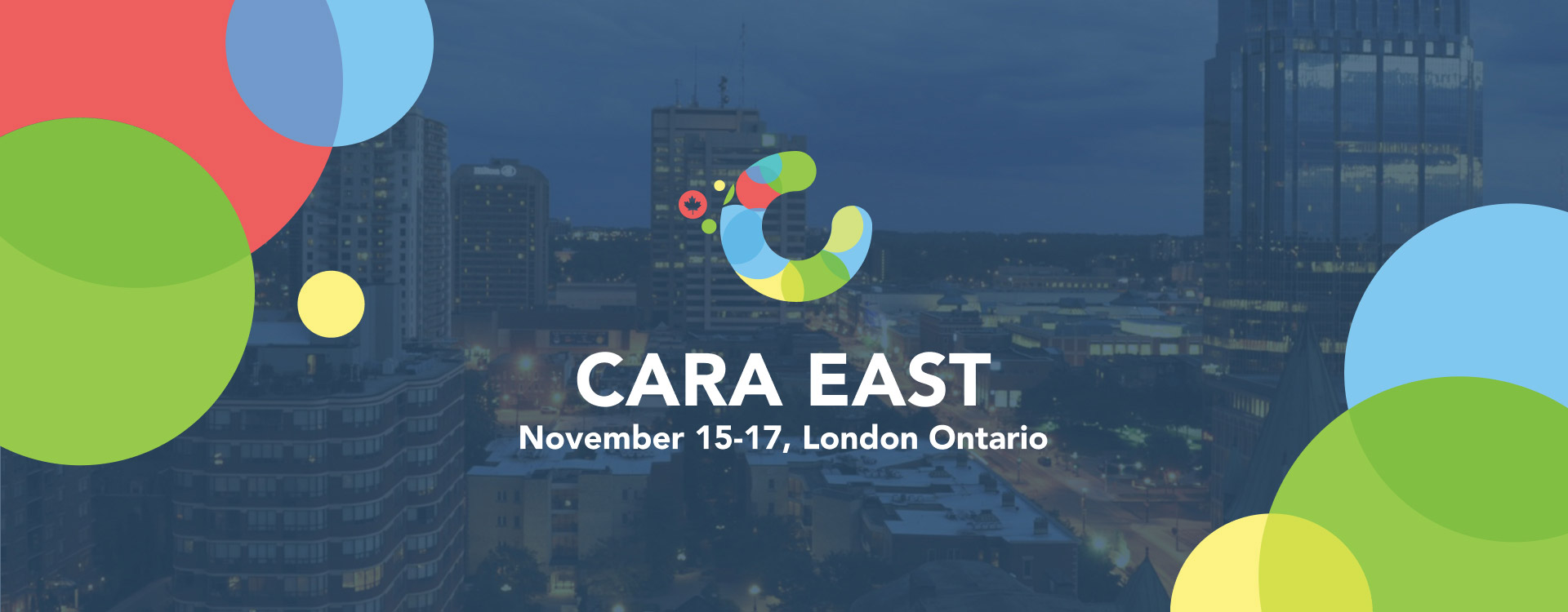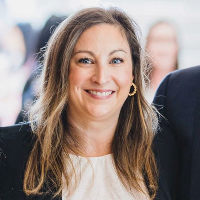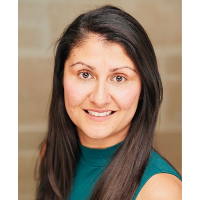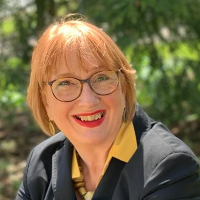

 November 15, 2023 03:00 pm
November 15, 2023 03:00 pmGrand Ballroom Foyer
 November 15, 2023 05:00 pm
November 15, 2023 05:00 pmGrand Ballroom East - - Canapes and Cash Bar
 November 16, 2023 07:30 am
November 16, 2023 07:30 amGrand Ballroom West
 November 16, 2023 08:30 am
November 16, 2023 08:30 am
Lauren Gogo
Manager, Research Contracts,Hamilton Health Sciences Corporation
This presentation will provide practical tips for more effective contract negotiations. Context matters! We will discuss who you may be negotiating with (and it's not always an external party!), how to make negotiations a little smoother, and time wasters to keep an eye out for. Discussion is encouraged!
 November 16, 2023 08:30 am
November 16, 2023 08:30 am
Jennifer Weese
Regional Advisor,Public Safety Canada

Laurie-Eve Rioux
Regional Advisor, Public Safety Canada
Protecting Canadian knowledge and research is critical for Canada’s economic prosperity, resilience and national security.
Housed within the department of Public Safety Canada, the Research Security Centre (RSC) acts as a resource for the research community to address research security questions. The RSC’s three areas of focus are: to support the implementation of the National Security Guidelines for Research Partnerships and research security policy; to be a source of guidance and advice for the research community; and to serve as the main point of entry for universities and the research community to access Government of Canada services related to research security.
This Bilingual presentation will provide an overview of the RSC, as well as some other Government of Canada tools and resources available to the research community to help safeguard their research.
 November 16, 2023 09:30 am
November 16, 2023 09:30 am
Mani Kang
Senior Director, Research Operations,Unity Health Toronto
Karen Ung
Manager, Research Contracts & Employment at Unity Health Toronto
The presentation will describe the early-stage journey of Unity Health Toronto in its efforts to transform business operations across the research enterprise through the adoption of generative artificial intelligence (AI) to enhance and optimize its research contracts portfolio
 November 16, 2023 09:30 am
November 16, 2023 09:30 am
Nicole Kaniki
Director,Senomi Solutions Inc.
 November 16, 2023 10:45 am
November 16, 2023 10:45 am
Sherryl Petricevic
Director, Strategic Alliances & Partnerships,Profound Impact

Mike Folinas
University of Toronto

Dan Leslie
Faculty of Pharmacy
 November 16, 2023 10:45 am
November 16, 2023 10:45 am
Sarah Lampson
Executive Director,Canadian Association of Research Administrators

Amanda Sawlor

Roberta Bgeginski
 November 16, 2023 11:45 am
November 16, 2023 11:45 am
Carolyn Mullin
Director, Strategic Partnerships, Research & Innovation,Niagara College
"As funding agencies find increasing favour in investing in multi-institutional applied research programs (looking to benefit key economic sectors in a target area, for example), college and university are finding success both in obtaining these funds, and in creating and operating networks to fulfil the program mandate. Using a panel discussion format, members from two such networks will discuss the lessons learned in setting up and operating these college-university partnerships. "
 November 16, 2023 11:45 am
November 16, 2023 11:45 am
Amanda Sawlor
Director, Research Financial Services,University of Guelph

Angela Zeno
 November 16, 2023 12:30 pm
November 16, 2023 12:30 pmGrand Ballroom West - Menu
 November 16, 2023 01:30 pm
November 16, 2023 01:30 pm James Shelley
Western University
 November 16, 2023 01:30 pm
November 16, 2023 01:30 pm
Nuvdeep Dhaliwal
Program Manager,George Brown College
How to manage; aid to researchers in meeting funders’ information requirements.
 November 16, 2023 02:30 pm
November 16, 2023 02:30 pm
Leslie Copp
Director, Funding Agencies & Non-profit Sponsors ,Office of Research, University of Waterloo
 November 16, 2023 03:45 pm
November 16, 2023 03:45 pm
Shawn Garner
Research Data Analyst,Western University
 November 16, 2023 04:30 pm
November 16, 2023 04:30 pmEast Ballroom - - Canapes and Cash Bar
 November 17, 2023 07:30 am
November 17, 2023 07:30 amGrand Ballroom West
 November 17, 2023 08:30 am
November 17, 2023 08:30 am Julia Bernard
 November 17, 2023 08:30 am
November 17, 2023 08:30 am
Mariam Hayward
Director, Knowledge Exchange, Impact and EDID in Research,Western Research, Western University
 November 17, 2023 09:30 am
November 17, 2023 09:30 am
Wilson Luo
Senior Advisor,Mitacs Inc.
 November 17, 2023 09:30 am
November 17, 2023 09:30 am
Britta Baron
President and CEO,European Canadian Centre for Innovation and Research
 November 17, 2023 10:45 am
November 17, 2023 10:45 am
James Shelley
Knowledge Mobilization Specialist,Western University
 November 17, 2023 10:45 am
November 17, 2023 10:45 am
Carolyn Mullin
Associate Director, Strategic Partnerships, Research & Innovation,Niagara College